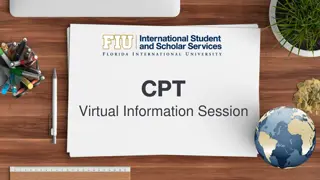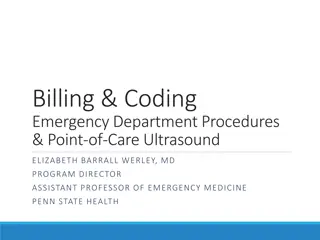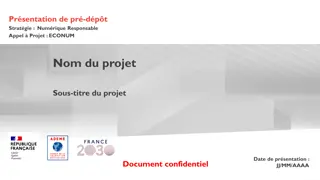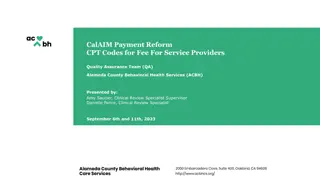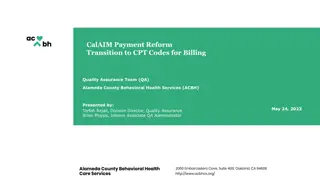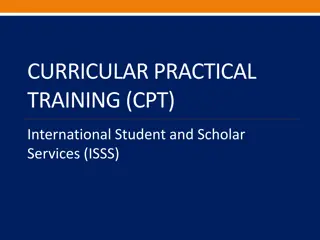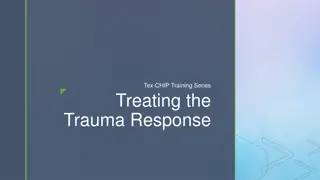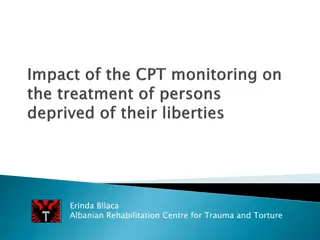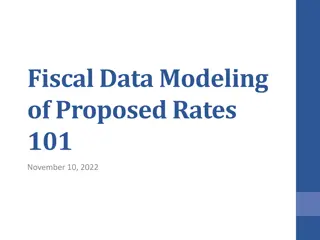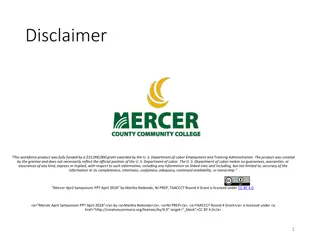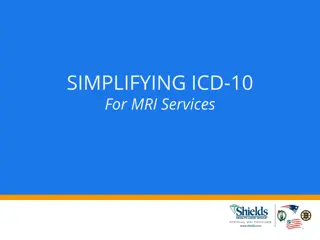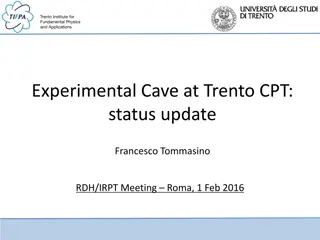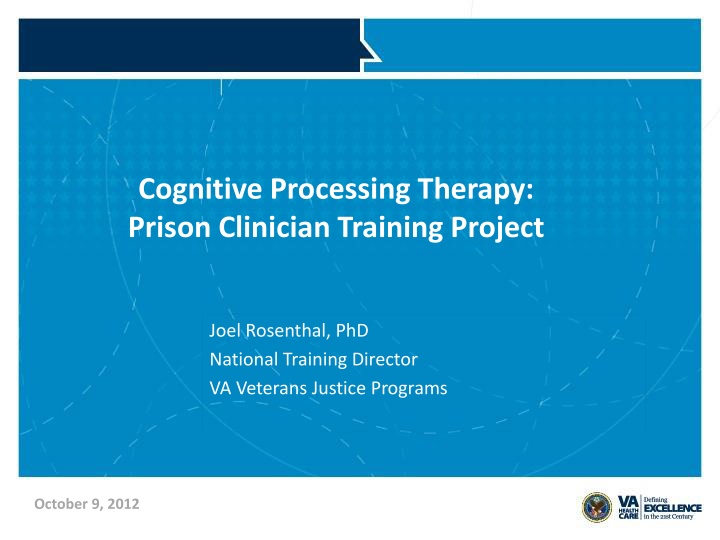
Effective Cognitive Processing Therapy for Incarcerated Veterans with PTSD
Discover how Cognitive Processing Therapy (CPT) is proving to be an effective treatment for PTSD in incarcerated Veterans based on clinician training cases. Results indicate significant improvements in PTSD symptoms, with trends toward significance in depression. Learn more about this impactful therapy and its implications for future patient care.
Download Presentation

Please find below an Image/Link to download the presentation.
The content on the website is provided AS IS for your information and personal use only. It may not be sold, licensed, or shared on other websites without obtaining consent from the author. If you encounter any issues during the download, it is possible that the publisher has removed the file from their server.
You are allowed to download the files provided on this website for personal or commercial use, subject to the condition that they are used lawfully. All files are the property of their respective owners.
The content on the website is provided AS IS for your information and personal use only. It may not be sold, licensed, or shared on other websites without obtaining consent from the author.
E N D
Presentation Transcript
Cognitive Processing Therapy: Prison Clinician Training Project Joel Rosenthal, PhD National Training Director VA Veterans Justice Programs October 9, 2012
CPT Training Project Context and History US Department of Veterans Affairs Regulation Title 38 CFR 17.38 (c)(5) Precluding VA care to incarcerated Veterans CA Prison Psychologist Can VA train us in VA-informed Evidence-based Treatment for trauma? Precedence VA provision of training in VA-informed care to non-VA staff 1 VETERANS HEALTH ADMINISTRATION
CPT Training Project - Model Developed (in Collaboration with VA Office of Mental Health) Inclusion in VA 3-Day trainings 1:1 and group; 12-session treatment course Match inmates to treatment Initiate treatment and receipt of 6-month CPT case consultation Utilize trauma and depression clinical scales For both clinical and program evaluation purposes 2 VETERANS HEALTH ADMINISTRATION
Pre-Post Change PCLS/BDI2 60 50 40 PCLS 30 BDI2 20 10 0 Pre Post VETERANS HEALTH ADMINISTRATION N=9: PCL5 t=3.39, p<.01 BDI2 t=2.81, p=.06
Pre-Post Change PCL5/BDI2 70 60 50 40 PCL5 30 BDI2 20 10 0 Pre Post VETERANS HEALTH ADMINISTRATION N=11: PCL5 t=3.81, p<.001 BDI2 t=0.16, NS - trending toward significance
Results Results on both the PCLS (DSM-IV) and PCL5 (DSM5) suggest that CPT is an effective treatment for PTSD in incarcerated Veterans While depression did not show as much improvement, this is based on a few cases and the trend was toward significance This data is based on clinician training cases and thus future patients should show larger improvements VETERANS HEALTH ADMINISTRATION
For additional information Joel Rosenthal, PhD National Training Director VA Veterans Justice Programs joel.rosenthal@va.gov 650-444-7247 6 VETERANS HEALTH ADMINISTRATION

